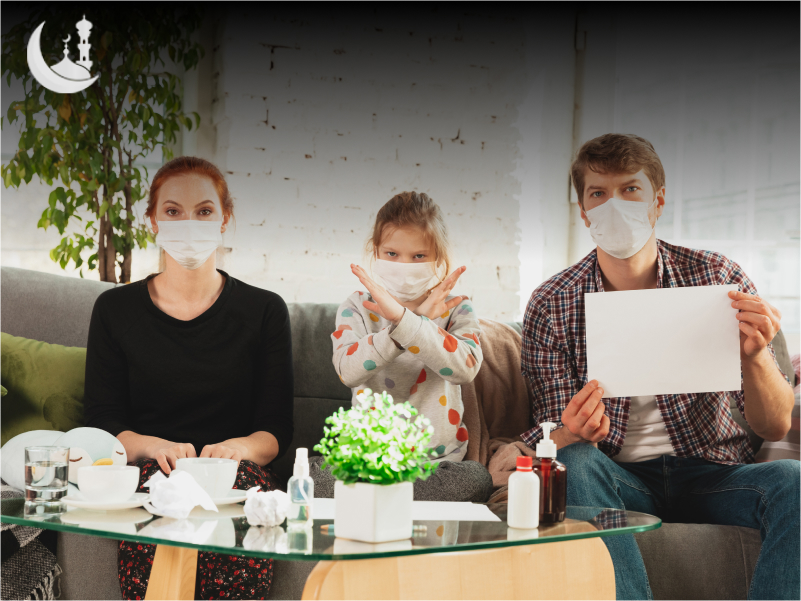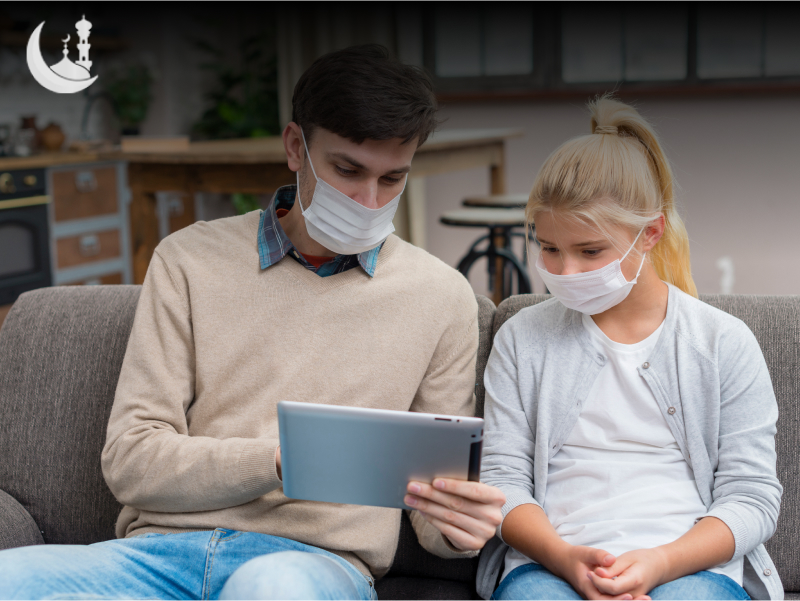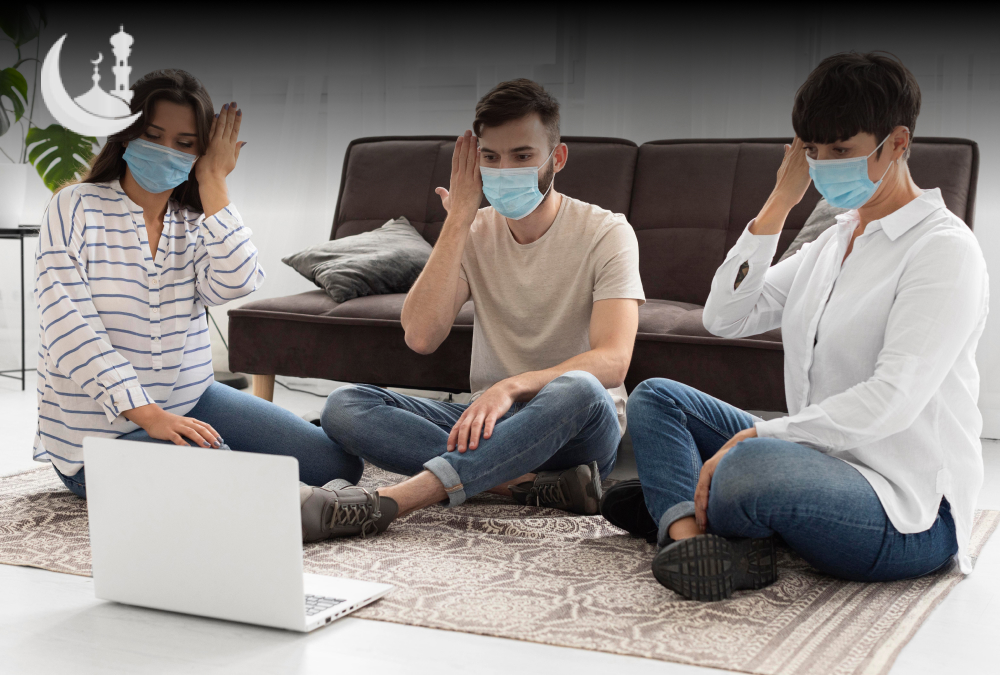Paradoxically, this world boasts the largest population who are both linked by relations but more social isolation than ever. People have been forced to relocate due to pandemics and have even been cut from the public with friends and family in their social circles. A person so lonely is hurting them, at least with their mental health and overall health. When he is going through something like this, he needs good ways to deal with it.
This causes many psychological disorders in a person and increases worry, depression, and stress levels. Feeding loneliness always results in the feeling that he/she is nothing for that specific someone or is at the lowest in his relationship/friendship/etc and he becomes unable to handle his emotions and give the greatest importance as well as having an urgent necessity to address which also supported his/her mental health condition. Other significant impacts of social isolation on the mental well-being of the person are the following:
Effects of Social Isolation:

1. More Anxiety and Depression
The person develops into the worst cyclical thoughts that lead to anxiety and depression. The person having lesser tendencies about socializing is very likely not to get an experience with one pleasant feeling or activity and, therefore cannot even get an improvement of that mood.
2. Mental Agility
Social isolation also has the impact of deteriorating brain function. The more one talks or participates in other socialization processes, the better one performs in cognitive functions; lack of such socialization leads to forgetfulness or lesser mental agility.
3. Stress and Coping Mechanisms
This kind of isolation generally results in chronic stress. As has been said earlier, possibly isolated people worry more often about their problems than other individuals and might resort to maladaptive coping skills. A few such techniques are substance abuse or even social reclusion. Stress due to the lack of human touch worsens the condition of mental disorders.
Social relationships are part of the self. Alienation has been described as a trigger to meaninglessness and belonginglessness. The more hours spent outdoors with other human beings, the less sure of himself or herself one is.
The impact of social isolation is not limited to the cerebral form but to the physical form as well. Tension and worry is said to be one of the most robust contributing factors towards many diseases, from cardiovascular diseases to weakened immunity response and other chronic diseases.
Deal with the aftermaths of social isolation
This would have such a scary after-effect of social isolation but had something to it, which lessened the effect. The study under the chapter Islamic Counseling found a how of dealing with it.

1. Form Habits
You’ll get to not wasting too much time in wastes and find something it to keep you busy with exercise, meditation, or just reading
2. Stay Connective Online
You spend time with the closest ones through technology. Though video calls, social media, and messaging applications cause distances between people, these are the ways one can manage to stay connected with friends and families.
Sharing events and emotions with loved ones will push loneliness away.
3. Hobby Engagement
Spend time on hobbies or pastimes that never had the time for. To paint, write, or even garden, there is a way of creativity as well as purging and pride in successes.
4. Practice Mindfulness and Reflection
Most of the techniques mean meditation or prayer. Generally, having nice things in mind, and thankfulness can attract one to previous selves.
5. Seek Professional Help
If you ever feel lonely in mind or morals then visit a professional. Islamic Counseling is knowledge of psychology + knowledge about Islam. This treats the issues of psychological problems from an integral viewpoint. You can very well make sense of your jumbled thoughts and develop apt responses based on professional suggestions within the framework of the belief you believe in.
6. Volunteer or Help Others
This, in itself, brings you a sense of belonging and purpose. Even volunteer work, if virtual, will draw your attention away from your feeling of isolation and zeroes in on the needs of others: feedback loops in engagement to help keep you happily looped.

7. Be Informed but Not Indulgent
Be aware but not indulgent in worthless evil news, just to stir up further feelings of fear and hopelessness. And top all of these off with good and great stories that put proper limits on what you digest.
8. Exercise often, regularly
Indeed, many will say that physical exercise is the medicine against stress. A session in the house fitness session, a round of yoga, or a walk under the open sky can be the stepping stone to endorphins that can level out your feelings and fight loneliness.
9. Connect
Connect with others of the same interest or experience. For example, online forums, support groups, and social media groups connect people.
10. Reduce Negative Influence
Such times would have well-managed social isolation because it wasn’t just mentally charged but also affected mental health and quality of life. The times would have given some productive coping mechanisms coupled with seeking needed support. It can be achieved through positive advisory through the utilization of available resources, that is, Islamic Counseling through which tremendous advisory that is even spiritually healing with bond-making on an equal status mentally to heal and get bonded can be accomplished.
Read Also: Islam and Resilience: Nurturing Mental Health Through Faith
Frequently Asked Questions
Q1: In how much time does social isolation affect the mental situation?
Social isolation might lead to higher levels of anxiety, depression, cognitive decline, and low self-esteem which could be associated with lower basic emotional support given to a person through social interactions.
Q2: Coping techniques about social isolation?
Coping strategies involve keeping up an almost virtual routine, hobbies, being mindful, and professional advice that can be Islamic Counselling.
Q3: How long before seeing a professional in terms of my feeling of loneliness?
It is here when those feelings of loneliness or alienation will not go away, started to interfere with functionability or became extreme forms of anxiety or depression when one seeks professional counseling help as to how to work through it.






